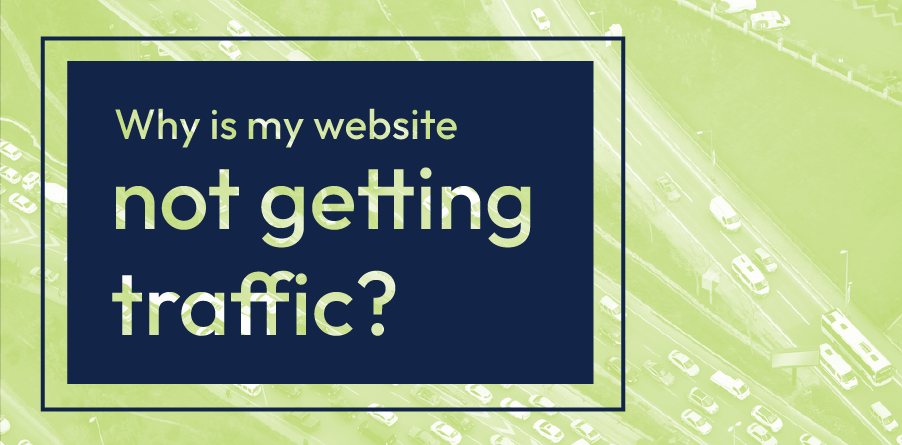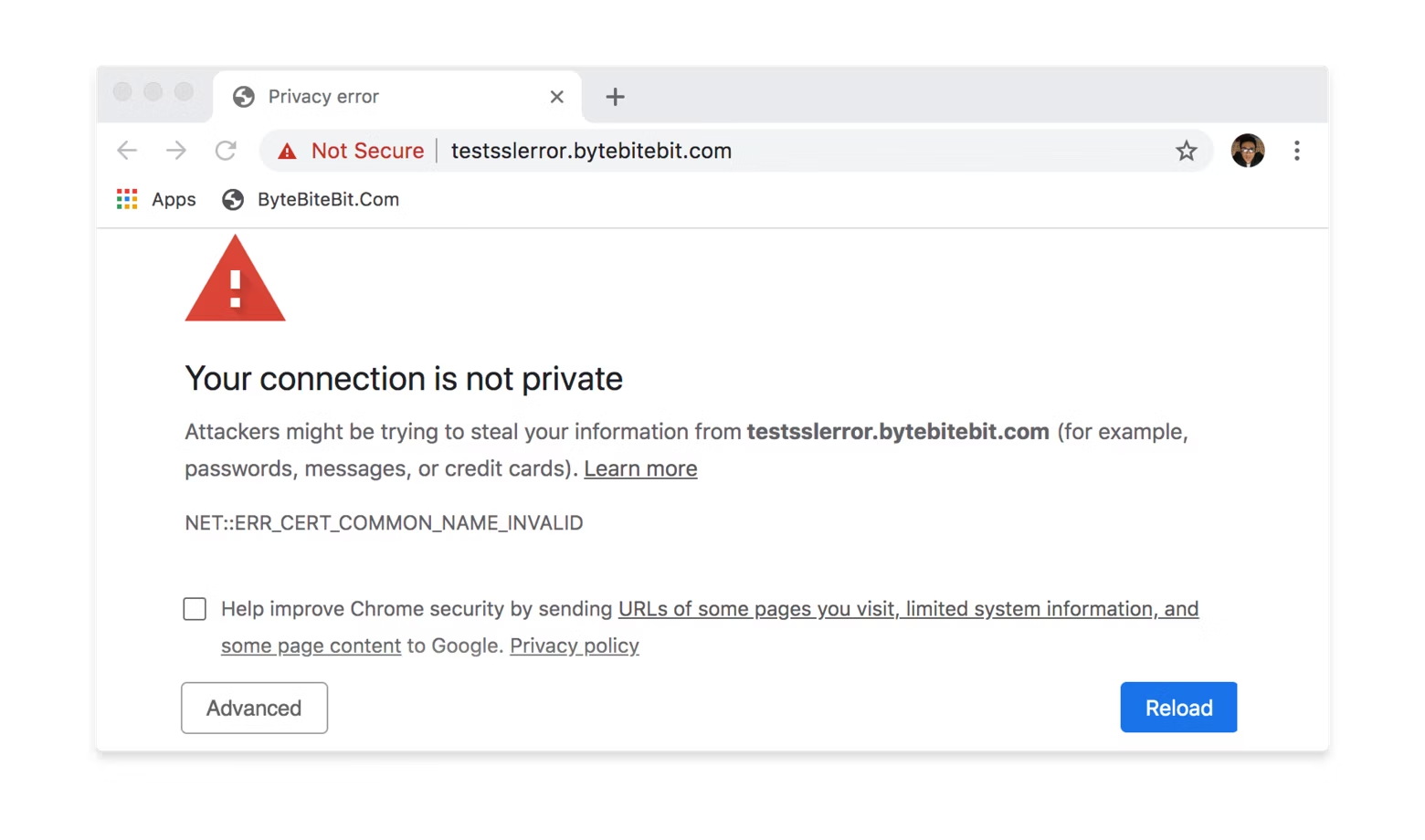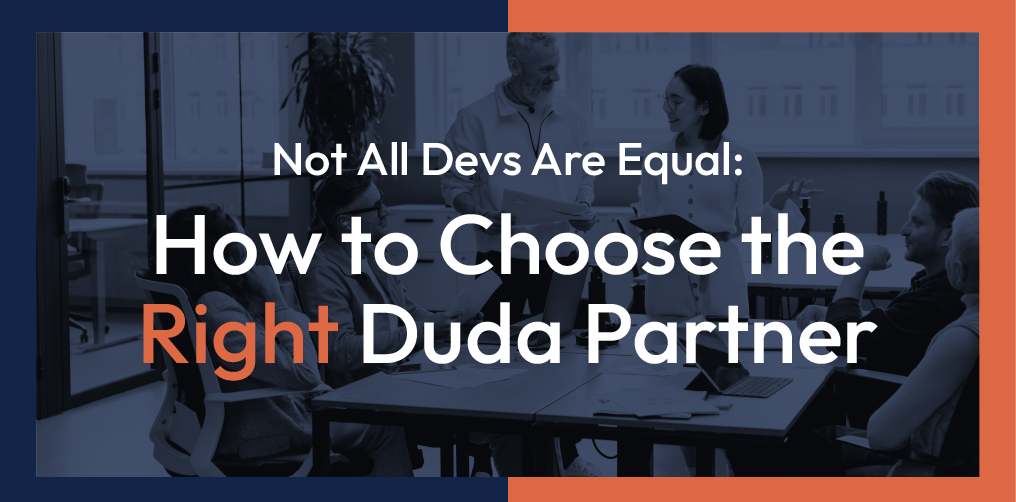Why is My Website Not Getting Traffic?

Few mental pictures are more nightmarish than a plummeting Google Analytics traffic chart. Unfortunately, this can occur (sometimes multiple times) during the life of a website.
Can you relate? Did your website traffic unexpectedly plummet? Have you been pursuing digital marketing for months or years and haven’t experienced website traffic growth?
You can breathe a sigh of relief, because I have some good news for you! Auditing your website against a few common causes for traffic reductions can pinpoint the issue – and help find a solution.
1. Algorithm Updates
Search engines like Google and Bing are constantly making algorithmic changes to improve user experience. Though search engine users tend to benefit from these changes, these updates can impact your rankings, positively or negatively.
In the event that an algorithm update causes multiple important keyword phrases to drop to from page 1 to 2, your traffic can take a hit.
What should I do about algorithm updates?
Businesses cannot predict or prevent search engines from making updates. However, businesses can prepare for changes through cross-channel marketing and adapt to changes through learning.
Cross-channel marketing is the antithesis of putting “all your eggs in one basket.” Rather than depending on a single source of internet traffic, cross-channel marketing draws from multiple channels, such as social media, PPC, or email. We’ve written about the benefits of a holistic digital marketing strategy, and this is one of them. An untimely Google update will not quell all traffic flow to your website.
Once an algorithm change occurs, you can adapt. Begin by learning about the update. Google usually doesn’t share specific algorithm-related details, but it did offer a few pointers to consider if your site is negatively affected by an update.
Additionally, SEO specialists analyze trends and write about update highlights. A few of our favorite resources include Search Engine Journal and, Search Engine Land.
Utilize these pools of knowledge to learn and adapt. Most often, your website traffic will shift back to a positive trajectory.
2. Your Website is Not Secure
The importance of cybersecurity has increased dramatically in recent years, and Google has responded to this demand. In 2014, Google included HTTPS as a minor ranking factor – today, search engine users are alerted when they land on a site that uses HTTP rather than HTTPS.

At this point, most users will retreat “back to safety.” The few that stay are unlikely to convert. After all, who would make a purchase on an unsecure site?
To summarize, if your website traffic has taken a hit, or is remaining stagnant over months of digital marketing efforts, check to see if your site uses HTTP.
How do I secure my site?
Before you begin, find a trusted developer. They will play an important role.
- Next, purchase a Secure Sockets Layer (SSL) certificate. Some web hosts provide complementary SSL certificates, so check with your hosting platform before purchasing a certificate elsewhere.
- Third, activate your SSL certificate. This is done with your hosting platform.
- Fourth, install the certificate on your domain.
- Finally, create a redirect from your HTTP site to your secure one.
Want a free same-day SEO health scan?
No strings attached - receive a comprehensive report covering 140 unique data points about your website's technical SEO health in 24 hours or less!
Free SEO Health Scan - Google's Core Web Vitals Update Guide
3. Your Website is Not Google-Ready
This problem is deceptively complex. If a website is not employing best practices to encourage search engines to crawl, index, and rank its pages, it won’t get traffic. Simple enough. However, those best practices uncover layers of intricacy.
In an effort to stay within the scope of this article, I’ll discuss two important best practices to consider!
To learn more about SEO best practices, you can always check out our blog or reach out to a member of our SEO team.
Do you have a keyword strategy?
A strategic, updated keyword list, implemented on content throughout your site, is crucial in winning website traffic. On the other hand, an outdated, unrealistic, or simply nonexistent keyword list will stunt growth.
- Are your keywords outdated? Keywords fall in and out of popularity, some more than others. Season keywords are one example of these. If you are targeting cold-weather specific keywords during summertime in the Midwest, your traffic will probably plummet. Ensure that your keywords are consistent with consumer trends, relevant to your target audience.
- Are your keyword unrealistic? Are you only targeting hyper-competitive keywords? This could be the reason you are not seeing significant leaps and bounds in your online presence. For example, if you are targeting “shoes,” you probably won’t surpass Nike, DSW, Nordstrom, or Zappos. Try implementing long-tail keywords into your strategy. In bulk, they can result in significant, sustainable website traffic.
- Do you HAVE keywords? If you’ve never considered utilizing keywords in your digital marketing strategy, now is the time to start.
Does your site demonstrate expertise, authority, and trustworthiness?
Expertise, authority, and trustworthiness (E-A-T for short) are the pillars of website visibility on the web. As humans, if we don’t eat, we’ll die. If websites don’t demonstrate E-A-T, they won’t get traffic – at least not much.
- Expertise: do you know your topics well enough to discuss them in a clear, engaging way?
- Authority: do you sound like an expert on your subject? Are you a thought leader?
- Trustworthiness: why should your site users trust you? Check your site content for typos, grammatical mistakes, inaccurate or outdated information, etc. Even slight mistakes can come across as unprofessional.
4. Your Website is Not Mobile-Friendly
In June 2021, Google announced that mobile-first indexing would become the default for all websites. This means that Google looks at your mobile site to determine how to rank your pages.
Because of Google’s emphasis on mobile usability as a ranking factor, issues with your mobile site can impact your website’s traffic flow.
Evaluate the health of your mobile site with these questions:
- How’s your mobile loading speed? No one likes a slow website. In fact, 53% of visits are abandoned if a mobile site takes longer than 3 seconds to load. Use Google’s PageSpeed Insights for a picture of your page speeds, and make educated improvements.
- Is your website responsive? A responsive website looks good on desktop and mobile devices. Take a look at your website on your mobile phone. How does it look? If elements on your homepage are jumbled and confusing, users are not going to stick around.
Remember, Google evaluates your website based on the mobile version, and Google rewards great user experiences. If your mobile site isn’t up-to-par, your online visibility will suffer.
Why is SEO important to your business?
Every day, 8.5 billion searches occur on Google. 90% of visits from those searches go to the first ten websites listed. If your website isn't at the top of organic results for relevant words and phrases, you're missing out on potential revenue. If that alone doesn’t motivate you to get serious about SEO strategy, check out our article on the benefits of investing in SEO.

5. You Aren't Producing Enough Content
Content marketing is absolutely crucial for online visibility. Google notices when websites publish high-quality, unique content on a regular basis and rewards this. Additionally, more content equals more opportunity to rank for keywords.
Ultimately, if you aren’t producing content, or your content is poor and inconsistent, you can’t expect plentiful website traffic.
6. You Have a Sparse Backlink Profile
Backlinks are created when one website links to another, and they are one of the most important off-site ranking factors. A nonexistent (or spammy) backlinks profile is a red flag.
Backlinks can be won naturally or manually – both acquisition strategies take time, but the result is boosted website authority in the eyes of Google.
- Natural acquisition – As you write high-quality content consistently, other websites will link to your content over time. It’s as simple as that.
- Manual acquisition – You can also reach out to relevant websites and request a backlink or offer to guest post and link to your blog within that post.
RivalMind: Meaningful SEO
Do you want to realize your website’s full digital potential? We can make that happen. At RivalMind, we are passionate about helping businesses grow through results-oriented digital marketing. To learn more about how we can help you earn more traffic, get in touch with our team via our online contact form or at
(331) 228-9636. We look forward to chatting!

Meet the Author
Harley Helmer
Director of Search Marketing
Harley Helmer is a digital marketing professional with nearly a decade of experience in the industry. Today, he's the head of search marketing strategy at RivalMind, responsible for developing and executing comprehensive SEO campaigns that improve online visibility and boost organic traffic. His pragmatic, no-nonsense approach to marketing – paired with a robust knowledge base – helps him deliver innovative solutions to technical challenges and deliver real client success.
Specialties: SEO Strategy, Google Ads, and Search Marketing Opinions
Looking for more organic website traffic?
Welcome to RivalMind. Our purpose is to help your business thrive. We are a digital marketing agency that offers SEO, PPC, Web Design, Social Media and Video Solutions as tools to our clients for online business development and growth.
Contact us today to get started!
Blog Contact Form
Connect with Us:




